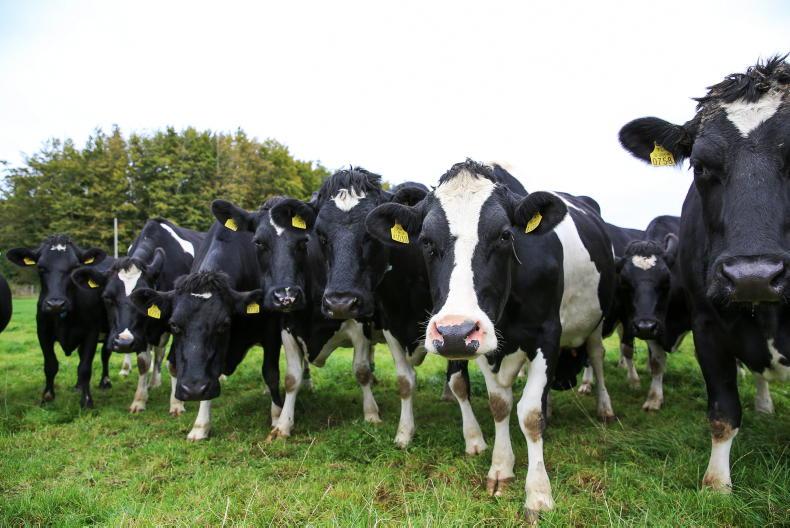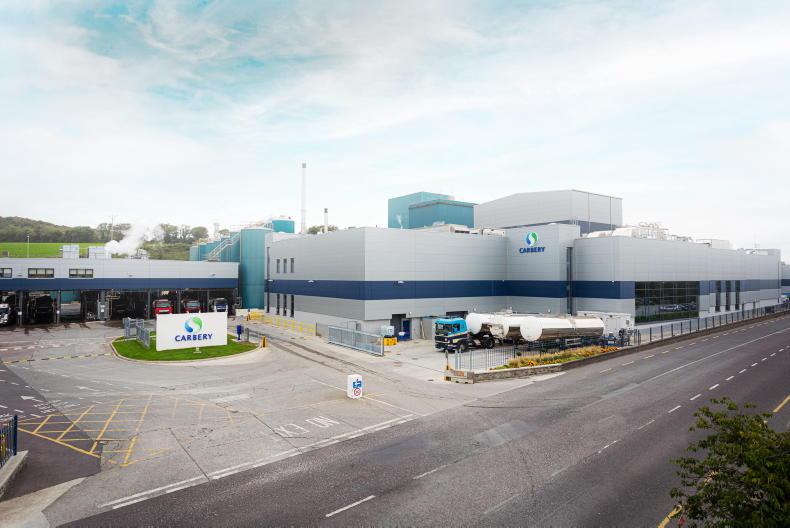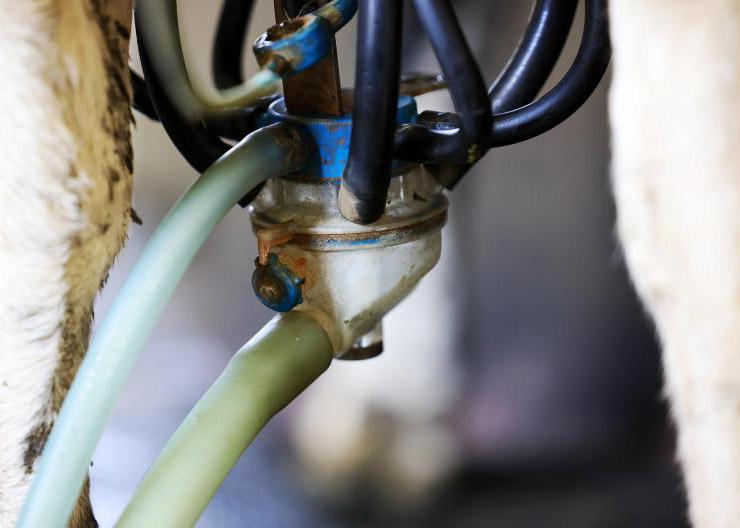Waringstown milk producer, Charlie Weir has backed a call from president of the European Milk Board Kjartan Poulsen for the European Commission to analyse what is happening in dairy markets, ahead of potentially bringing in a voluntary production reduction scheme.
A reduction scheme was first used in 2016 in response to disastrous milk prices, with a €150m budget, and 12.23p/l paid out to farmers who cut production in a three-month period when compared to the same period the previous year. Despite reservations from some farm organisations at the time, the general consensus was that the scheme helped turn around dairy markets.
“Our costs are around 40p/l, but our price is near 30p. This is a European problem due to export sales being down. The scheme sorted the problem the last time around,” argued Weir.
He believes many dairy farmers are reluctant to raise the milk price issue as there is a perception they made significant profits at the tail end of 2022 when prices crossed 50p/l.
However, that was only for a three-month period, and across all of 2022 milk price averaged 44.50p/l. “There were no big profits made over the year as a whole,” he said.
Dairy commodity gains at Dutch auction
European dairy markets continue to strengthen. with significant price increases recorded at the weekly Dutch Dairy Board auction on Wednesday.
Butter price increased for the fourth consecutive week, rising €50/t to €4,730/t, putting it at its highest value for 10 weeks. Butter has increased by €130/t during May, but is €200/t below its value at the start of 2023 and down €2,500/t year on year.
WMP price also increased for the fourth week in a row, rising €70 to €3,470/t. WMP is now at its highest price since January, but more than €1,800 below May 2022 levels.
SMP increased for the fifth time in six weeks and now stands at €2,480/t, up €40/t week on week, but €1,500 below the same period last year.
Read more
EU milk reduction scheme deadline approaching
Tirlán keeps hold of top spot for April
Waringstown milk producer, Charlie Weir has backed a call from president of the European Milk Board Kjartan Poulsen for the European Commission to analyse what is happening in dairy markets, ahead of potentially bringing in a voluntary production reduction scheme.
A reduction scheme was first used in 2016 in response to disastrous milk prices, with a €150m budget, and 12.23p/l paid out to farmers who cut production in a three-month period when compared to the same period the previous year. Despite reservations from some farm organisations at the time, the general consensus was that the scheme helped turn around dairy markets.
“Our costs are around 40p/l, but our price is near 30p. This is a European problem due to export sales being down. The scheme sorted the problem the last time around,” argued Weir.
He believes many dairy farmers are reluctant to raise the milk price issue as there is a perception they made significant profits at the tail end of 2022 when prices crossed 50p/l.
However, that was only for a three-month period, and across all of 2022 milk price averaged 44.50p/l. “There were no big profits made over the year as a whole,” he said.
Dairy commodity gains at Dutch auction
European dairy markets continue to strengthen. with significant price increases recorded at the weekly Dutch Dairy Board auction on Wednesday.
Butter price increased for the fourth consecutive week, rising €50/t to €4,730/t, putting it at its highest value for 10 weeks. Butter has increased by €130/t during May, but is €200/t below its value at the start of 2023 and down €2,500/t year on year.
WMP price also increased for the fourth week in a row, rising €70 to €3,470/t. WMP is now at its highest price since January, but more than €1,800 below May 2022 levels.
SMP increased for the fifth time in six weeks and now stands at €2,480/t, up €40/t week on week, but €1,500 below the same period last year.
Read more
EU milk reduction scheme deadline approaching
Tirlán keeps hold of top spot for April










SHARING OPTIONS